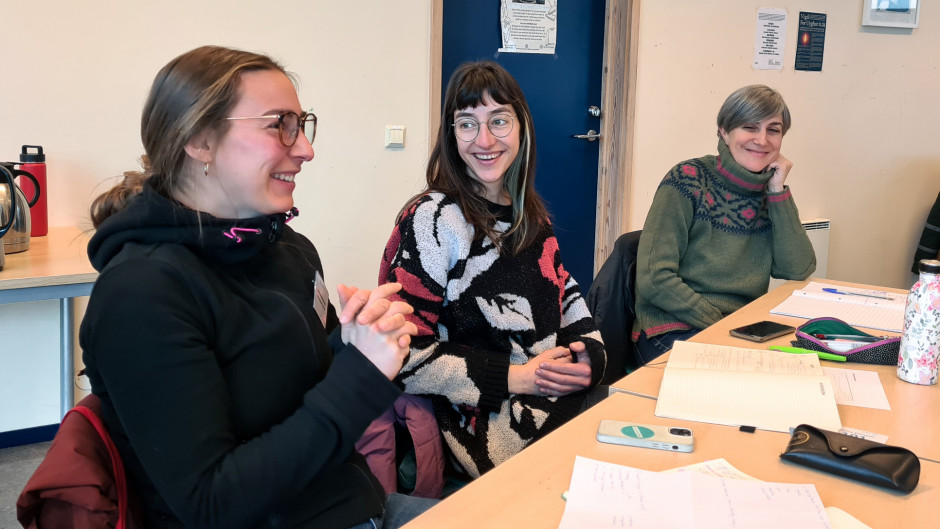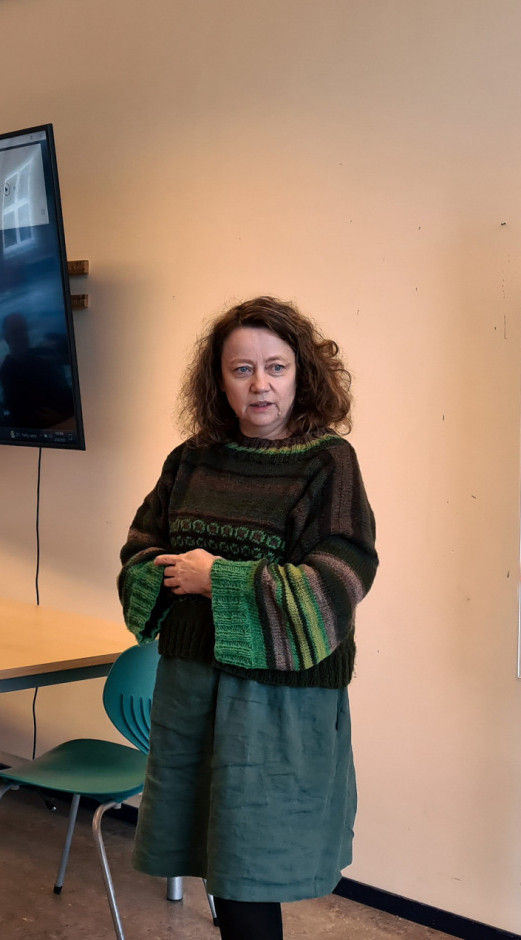Annual Report 2023
We are delighted to announce that our Annual Report 2023 has been released and is now available for you to read. This report highlights our organization’s accomplishments, milestones, and progress made over the past year. We invite you to take a closer look at our work and learn about the impact we are making in the world. Leaf through the pages online below or download the report and discover more.
Let the foreword of Hilde Sandvik (Board Member, Producer of podcast “Norsken, svensken og dansken”) stand here uncut:
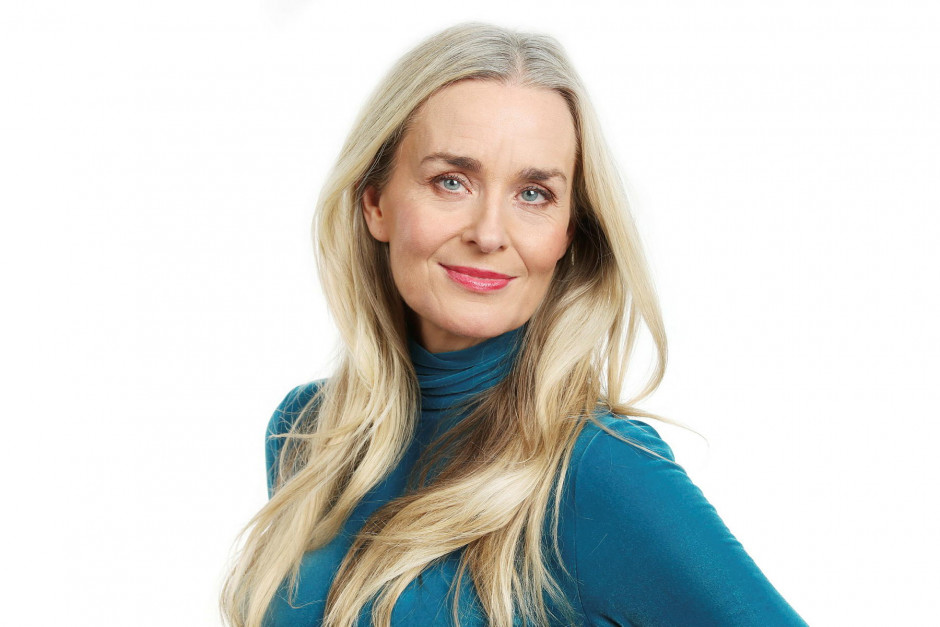
Hilde Sandvik, Portrett, Burde vært pensum
“On the morning of the 24nd February 2022, Russia invaded Ukraine. Since then, Europe and the rest of the world has been thrown into a conflict in which we are forced to take a stand. For Norway – which shares a border with Russia – it is a warning of how quickly a neighbour can become your worst enemy. For United World College, the war is a reminder of why the painstaking work of bringing students from all over the world together for education, for togetherness, is so important.
What role can UWC Red Cross Nordic play in the Nordic region?
These are our times: Wars, climate crises, rising inflation, the aftermath of a pandemic. The very foundations of democracy are threatened, freedom of expression is under pressure. In 2022, only 21 countries in the world will be classified as full democracies. Norway is at the top of the democracy index – all Nordic countries are in the top 10. Only ten countries are classified by Reporters Without Borders as having full freedom of expression*. The trust index shows the same: the Nordic region is at the top, but trust is eroding. People don’t trust the authorities or each other.
Why is the annual report for the beautiful school in Fjaler so gloomy and seemingly depressive? Because this is where the opportunities and the gold are: What the school does, learns from and passes on is nothing less than vital learning. In the Nordic region, we can demonstrate in practice what democracy can do, how trust can be built – even how disagreement can be accepted. A heterogeneous society requires more, not less, freedom of expression, the British writer Kenan Malik has written and spoken about this time and again. As a child of Indian immigrants to England, he knows what he is talking about. Learning to disagree respectfully is increasingly important in a world at boiling point.
UWC Red Cross Nordic, nestled in the mountains of western Norway, shows that this can be done – respectful disagreement, different backgrounds meeting and challenging each other, showing precisely that it is through open, free conversation in an open and free society that safe spaces are created. It is when we close the door to our neighbours that everything becomes unsafe.”
*https://rsf.org/en/rsf-s-2022-world-press-freedom-index-new-era-polarisation

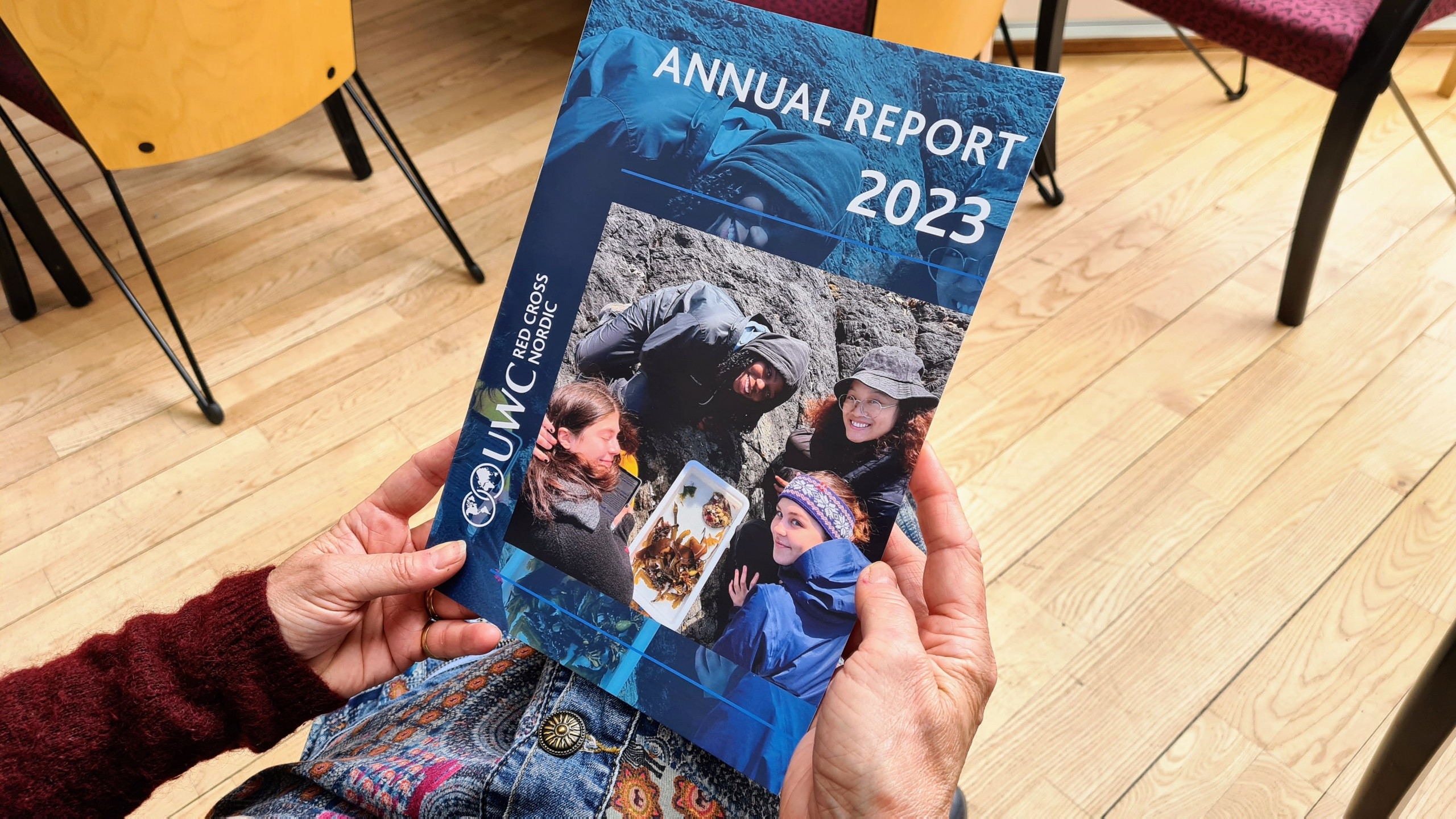
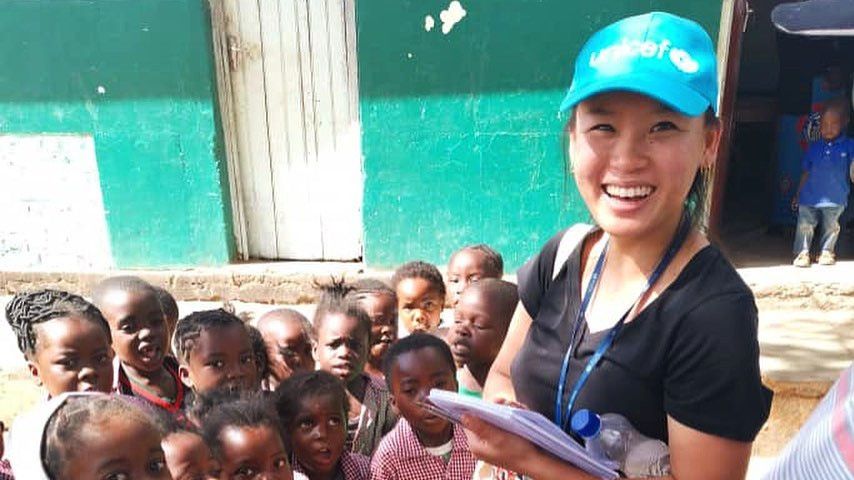
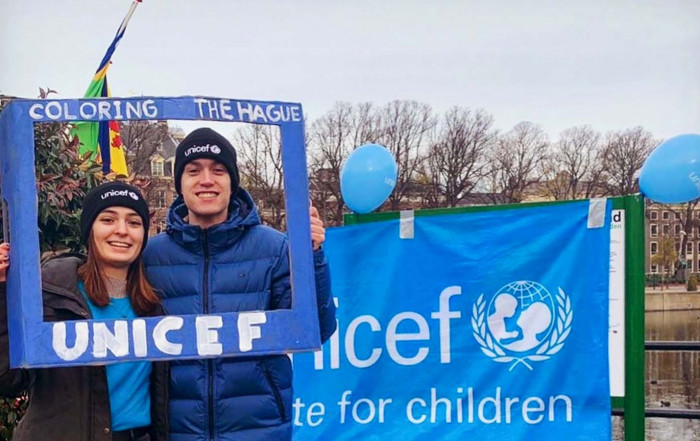
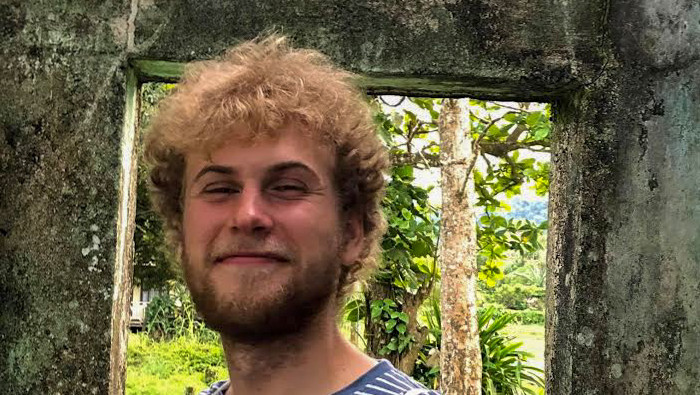
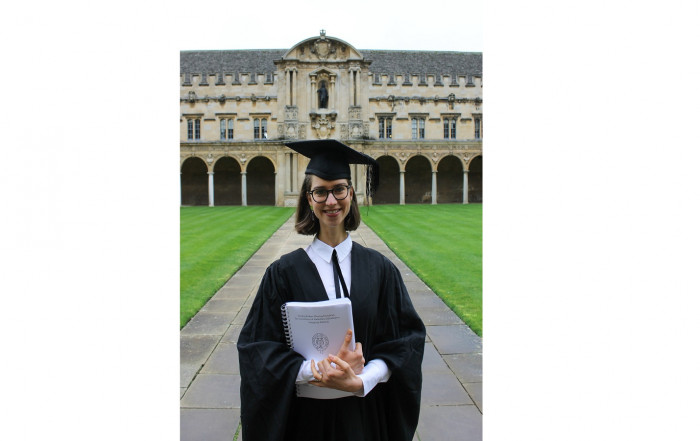
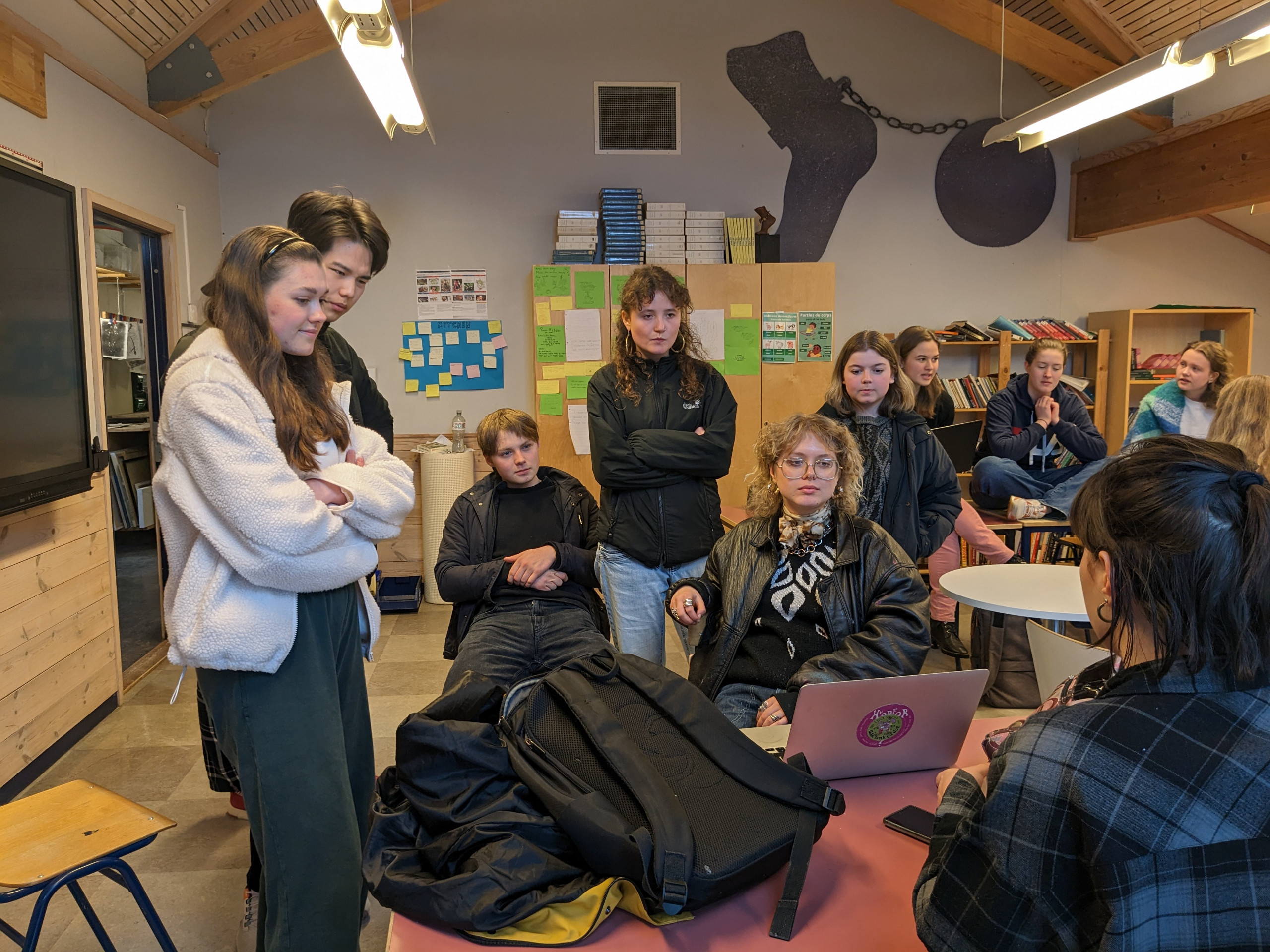
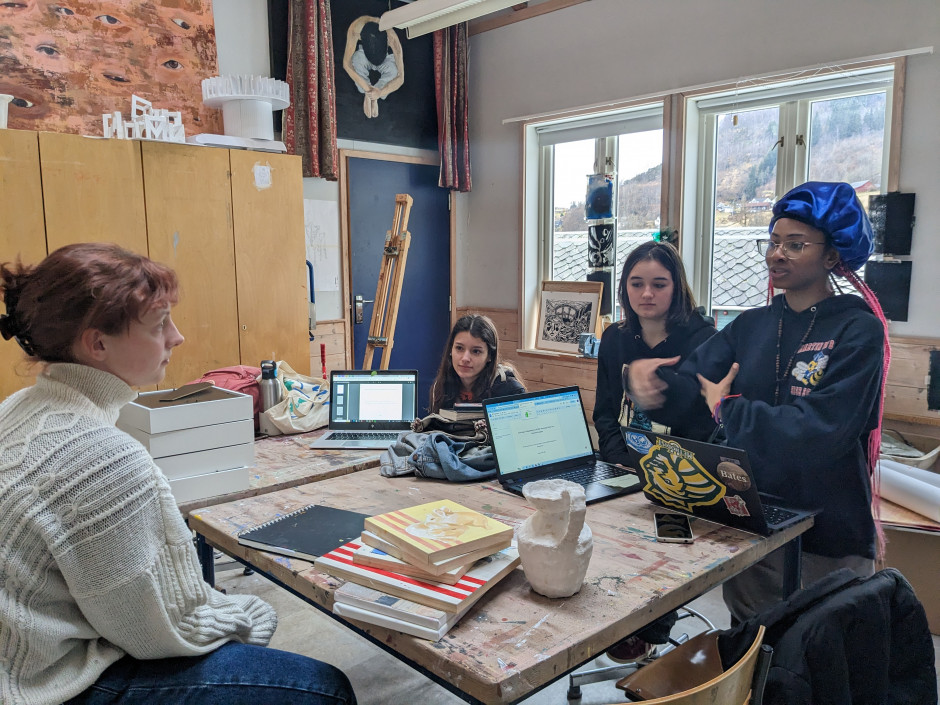
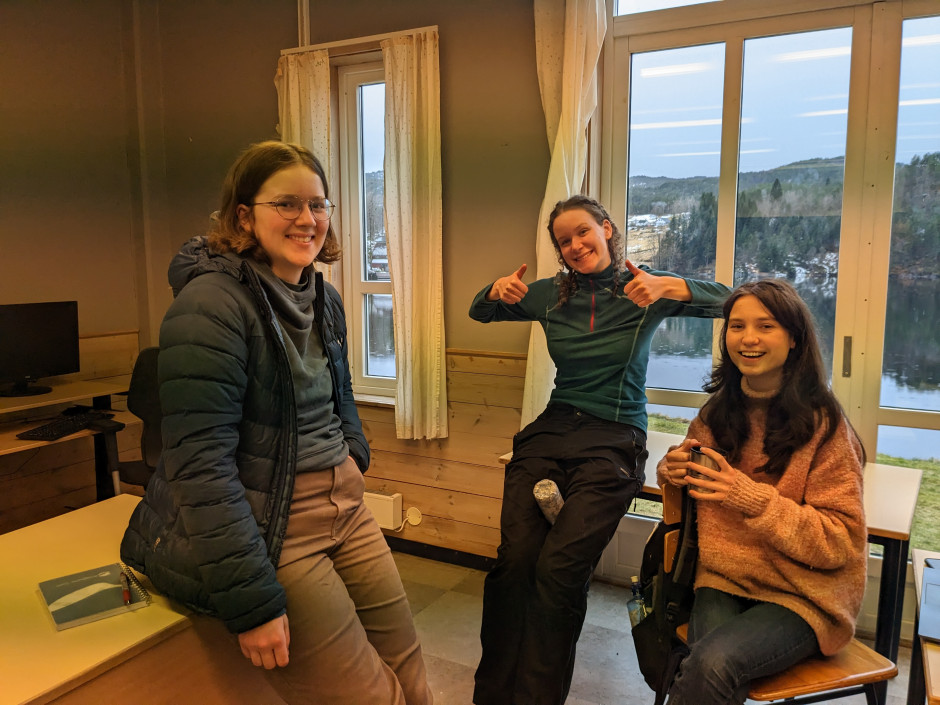
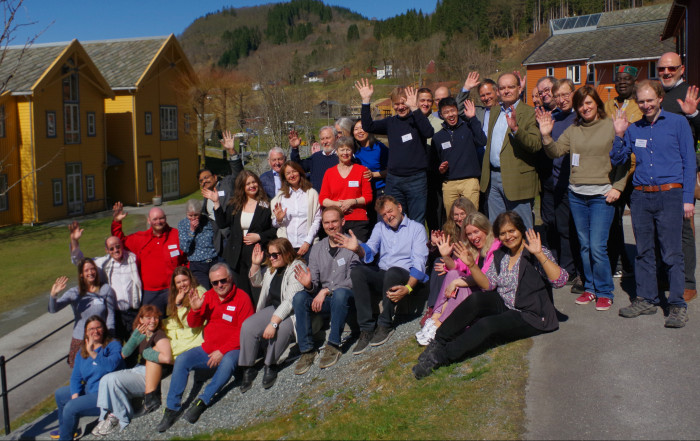

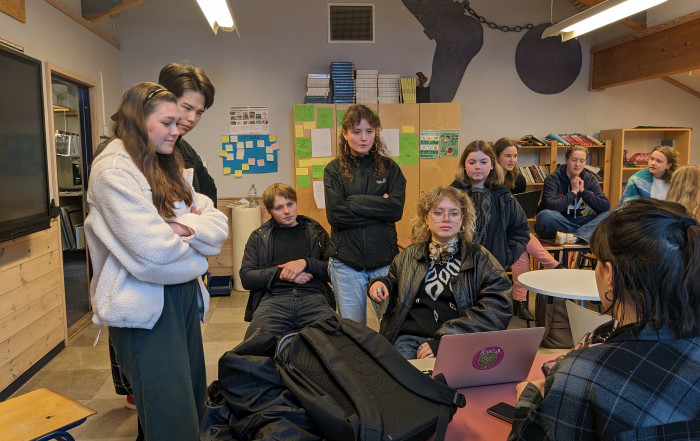
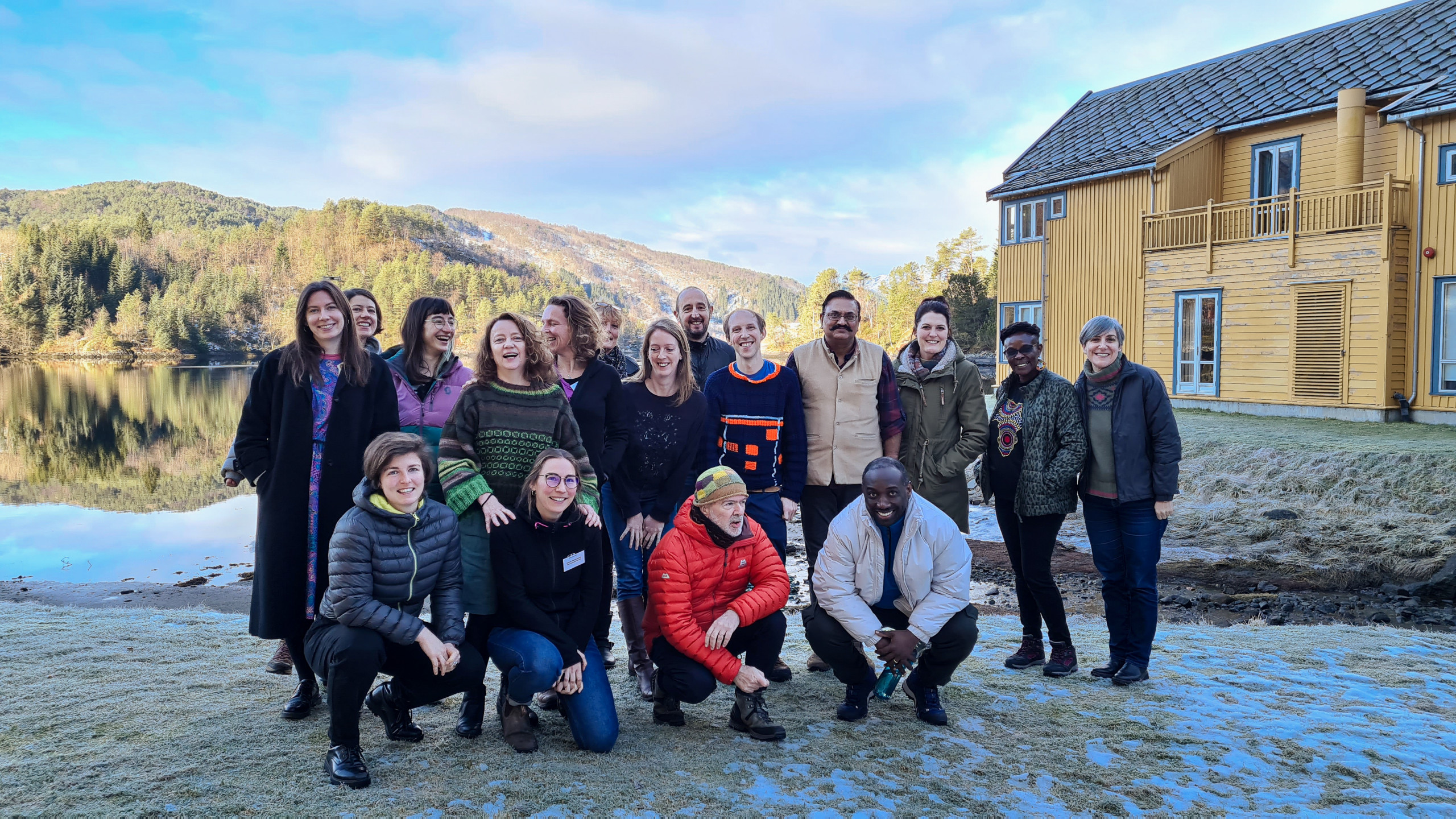
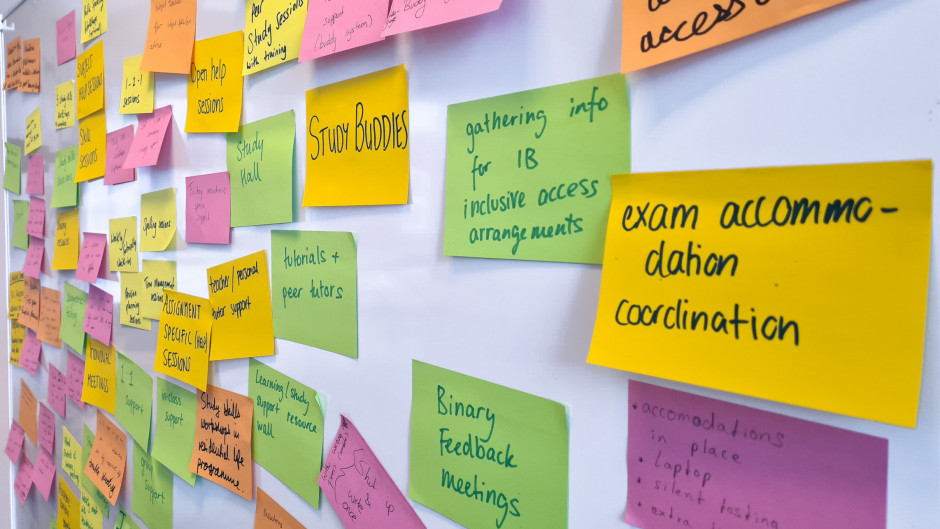 Collaboration across UWCs is often tricky to organise face-to-face, but for three days at UWCRCN, colleagues from Dilijan, Adriatic, Maastricht, and Robert Bosch gathered for a workshop on Differentiation in Approaches to Teaching and Learning (Learning Support).
Collaboration across UWCs is often tricky to organise face-to-face, but for three days at UWCRCN, colleagues from Dilijan, Adriatic, Maastricht, and Robert Bosch gathered for a workshop on Differentiation in Approaches to Teaching and Learning (Learning Support).